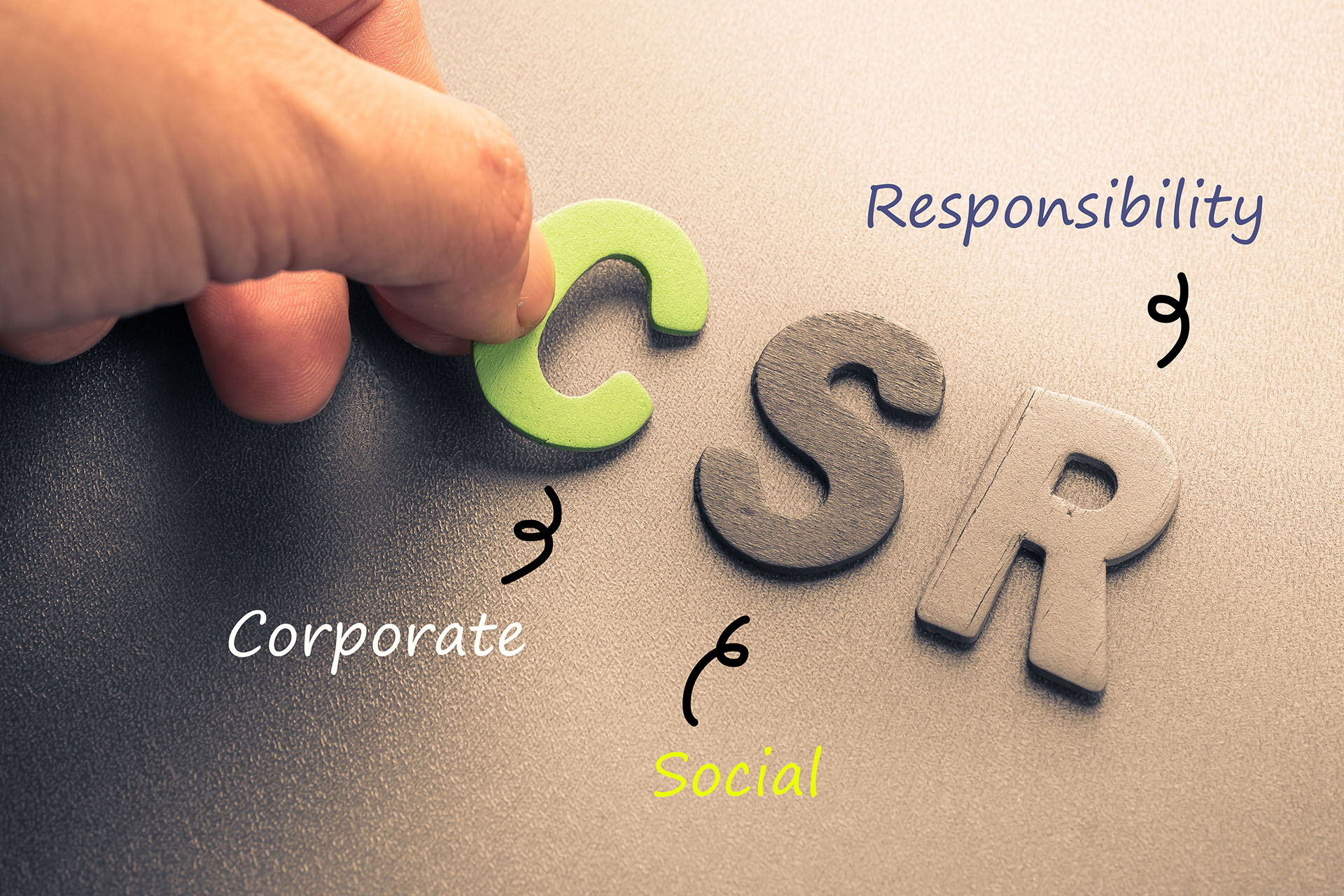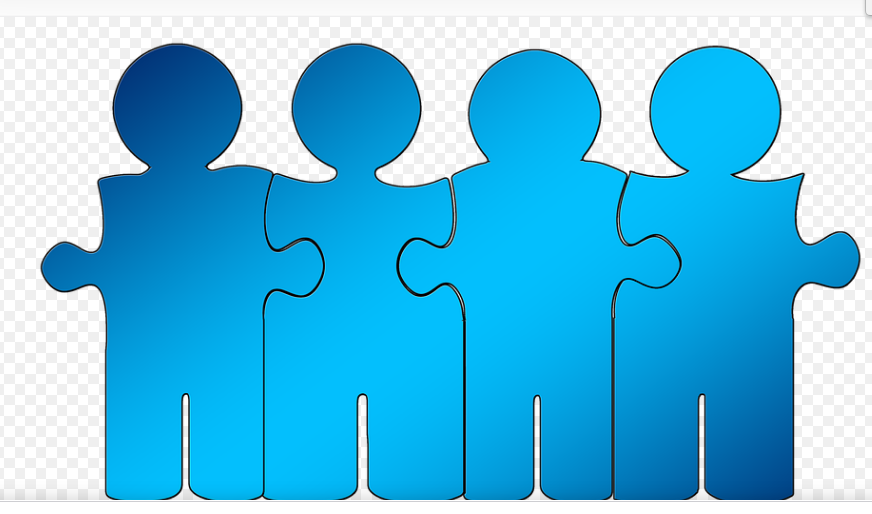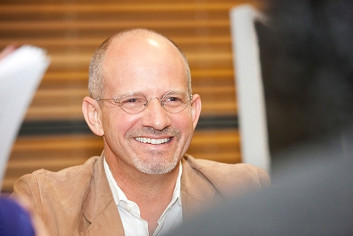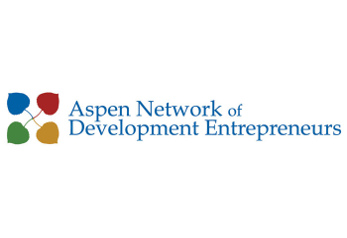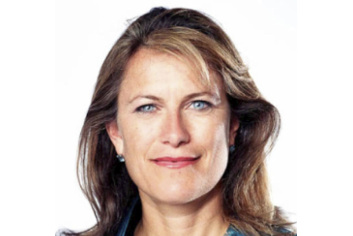In his book “What Money Can’t Buy,” Sandel examines one of the biggest ethical questions of our time and provokes a debate that’s been missing in our market-driven age: What is the proper role of markets in a democratic society, and how can we protect the moral and civic goods that markets do not honor and money cannot buy? Is it ethical to pay people to test risky new drugs or to donate their organs? What about hiring mercenaries to fight our wars, outsourcing inmates to for-profit prisons, auctioning admission to elite universities, or selling citizenship to immigrants willing to pay? Isn’t there something wrong with a world in which everything is for sale? In recent decades, market values have indeed crowded out non-market norms in almost every aspect of life – medicine, education, government, law, art, sports, and even family life/personal relations. “Without realizing it,” Sandel says, “We have drifted from having a market economy to being a market society.” The more market thinking comes to dominate life, the more it infects our ways of thinking, crowding out values such as loyalty, civic duty and altruism. Sandel argues that we need a serious public debate about what values we want our politics to build and defend. That means dropping the illusion that politics is about no more than efficient management of the economy; it’s about nothing less than competing visions of what constitutes the good society.
Related Articles
Serving the most underprivileged
the initiative of Tevis Howard
Beneath the Surface of corporate responsibility: Data-Driven CSR
Adam Nathan, CEO of The Bartlett System and Akash Gai, Managing Director of Development3, share their insights on the importance of linking CSR strategies with data.
Support for the local communities in Serbia: When there is a will there is a way?
Tanja Radovic interviews two CSR experts on the field
The vanilla credit and the patient capital
providing credit to the "missing middle"
The most important opportunity for corporations
UK: Barnard Weston writes at OLBIOS on corporate social innovation
good news from Aspen
Patient, but very efficient capital
what is a transformative social investment?
Creating a ‘national story’ of solutions
David Laurent, Head of Climate & Resources department at EpE, tells OLBIOS from France about business issues that weren’t even on the table a year ago.
Should workers own the corporations?
the Equal Exchange business model
Not only a market, but also a movement
the adventure of Fair Trade
![]()
STAY IN TOUCH
SUBSCRIBE TO OUR NEWSLETTER
AND RECEIVE OUR LATEST STORIES


